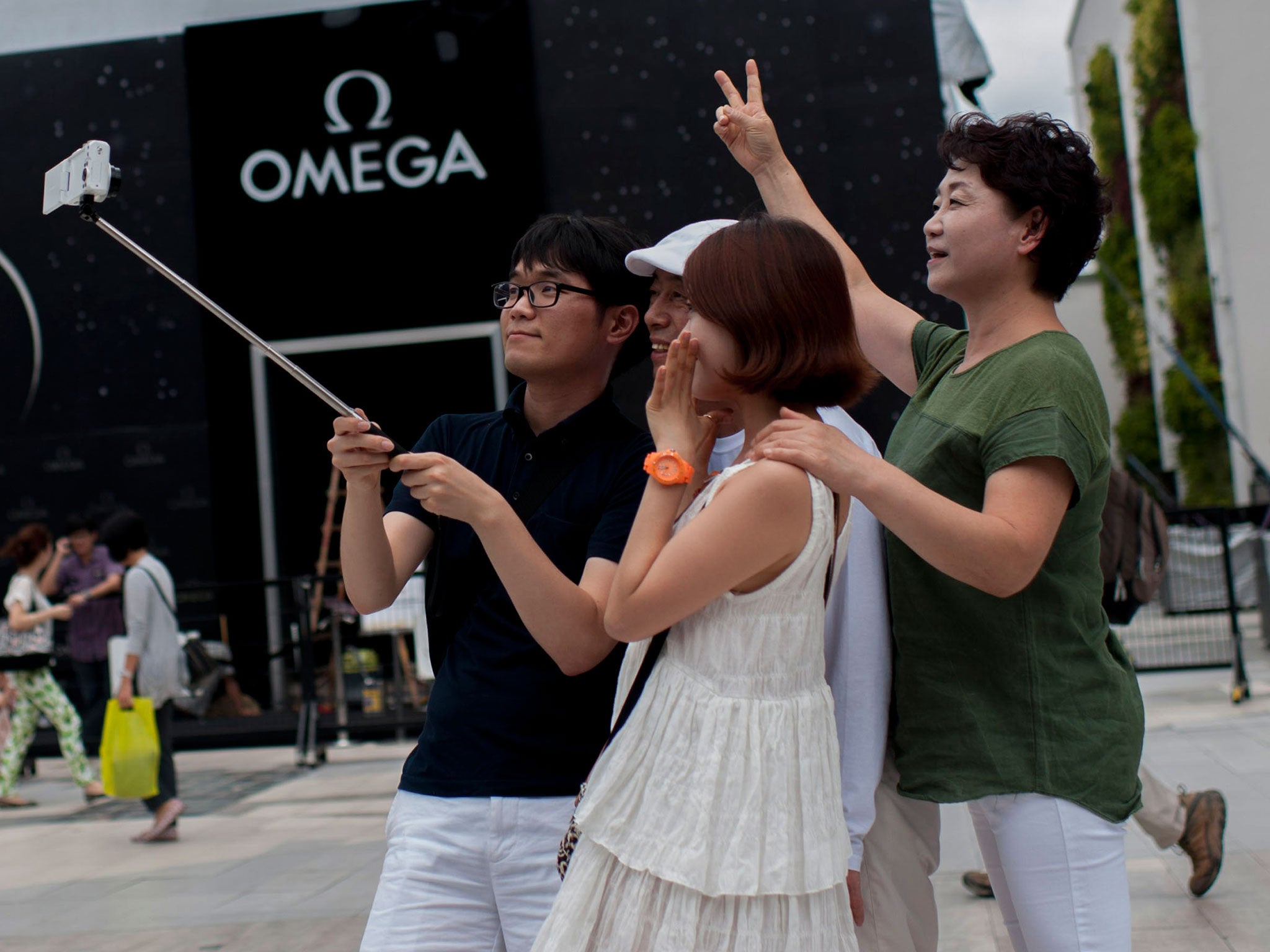Thailand plans to track tourists' phones using special Sim cards
Officials said the move aimed to locate tourists wanted by the police or authorities

The Thai government is planning to track foreigners’ phones by issuing special Sim cards to tourists visiting the country.
Its National Broadcasting and Telecommunications Commission (NBTC) has insisted the move is not a breach of privacy and will help authorities catch criminals and anyone overstaying their visa.
“It is not to limit tourists' rights. Instead it is to locate them which will help if there are some tourists who overstay or run away,” secretary-general Takorn Tantasith said.

He later clarified that the NBTC has no authority to check people’s locations, adding: “But if tourists commit wrong, or there is a court warrant, we will then forward the warrant to a mobile phone operator and seek co-operation.”
The Sim cards would come with tracking enabled that cannot be switched off by users, the BBC reported.
It was unclear how the policy would be implemented and Mr Tantasith said discussions would be held with police and tourist agencies.
The rule would not apply to expatriates, who are already registered with authorities and must show their passports before buying Sim cards or starting new mobile phone contracts.
Thailand’s military government is backing the proposals, which come as 32 million visitors are expected to arrive in the country to see its famed temples and tropical beaches this year.
“It will be helpful if any foreigner comes and commit crimes, because in the past they have been able to flee or it can be difficult to find them,” said Pongsathorn Chansri, from the Ministry of Social Development and Human Security.
The junta, named the National Council for Peace and Order (NCPO), has ruled Thailand since seizing power in a 2014 coup, when the military ousted Yingluck Shinawatra's government, imposed a state of emergency and martial law.
A disputed referendum on Sunday saw the country back a new military constitution by 61 per cent to 39 per cent.

Politicians from both sides of the divide and rights groups opposed draft charter, which includes clauses for a fully appointed Senate complete with seats reserved for chiefs of the armed forces.
Other provisions would make it difficult for a single party to win a majority in the 500-member lower house, driving weak coalitions and allowing the Senate to play a critical role in parliament.
Thai Prime Minister and former army commander, Prayuth Chan-ocha, has called for Thailand to accept the outcome amid fears the laws will stifle democracy.
Human Rights Watch said the constitution facilitated “a deepening dictatorship”.
The group’s Asia director, Brad Adams, said opponents to the move had been repressed and that the rights to freedom of expression, association and assembly were absent from the referendum campaign.
“The Thai junta’s campaign of repression against opponents of the proposed constitution ensured that the referendum wouldn’t be fair,” he added.
“Instead of the long-promised return to democratic civilian rule, the new constitution facilitates unaccountable military power and a deepening dictatorship.
“It will entrench the abusive military rule that Thailand has endured since the May 2014 coup.”
For more than a decade, Thailand has been divided between populist political forces led by former Prime Minister Thaksin Shinawatra, who was toppled in a 2006 coup, and the royalist and military establishment, which accuses him of corruption and nepotism that he denies.
Mr Prayuth, seeking to allay concern he might delay plans for a vote, said a general election would be held in 2017.
The US and European Union have urged a quick return to democracy, calling on authorities to lift restrictions on freedom of expression.
Additional reporting by Reuters
Join our commenting forum
Join thought-provoking conversations, follow other Independent readers and see their replies
Comments
Bookmark popover
Removed from bookmarks